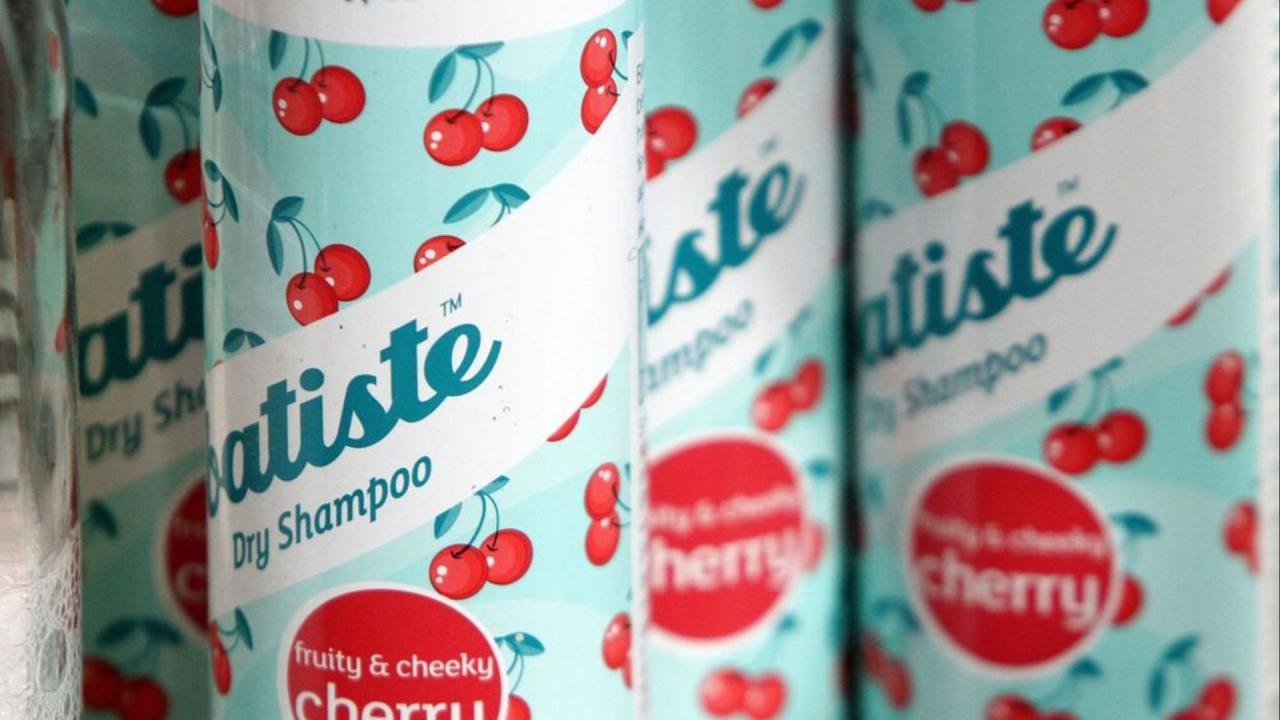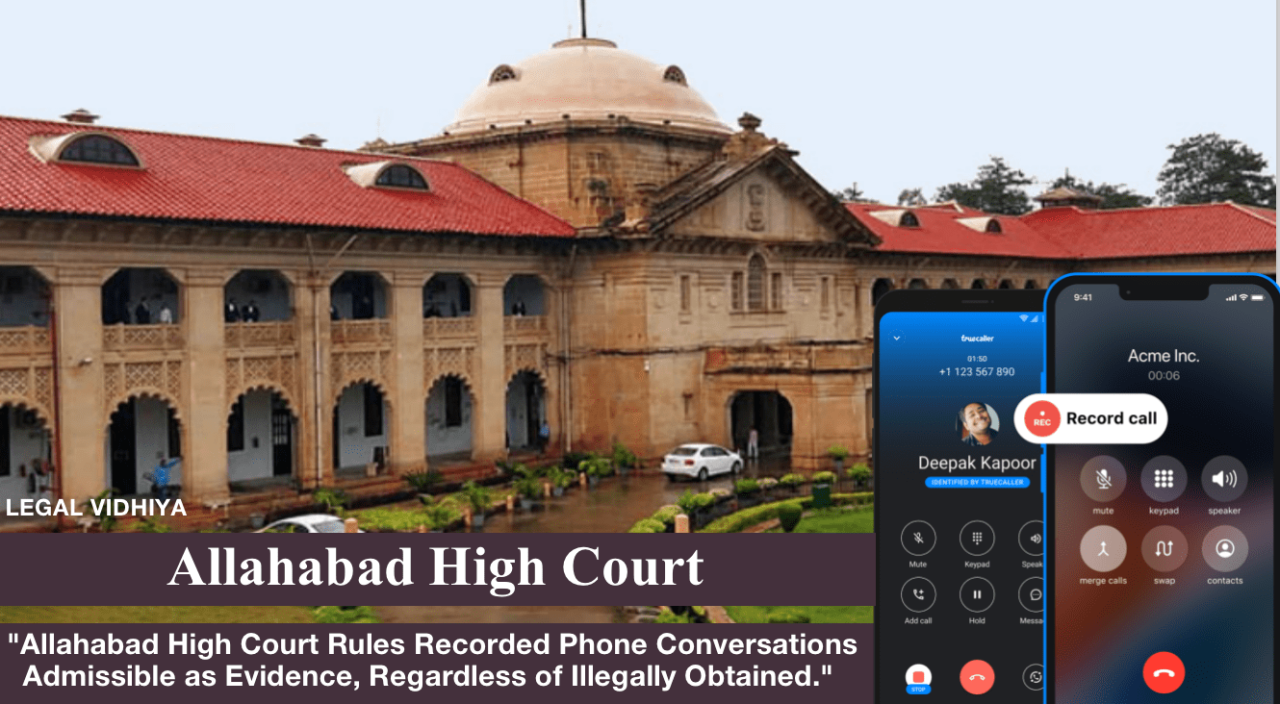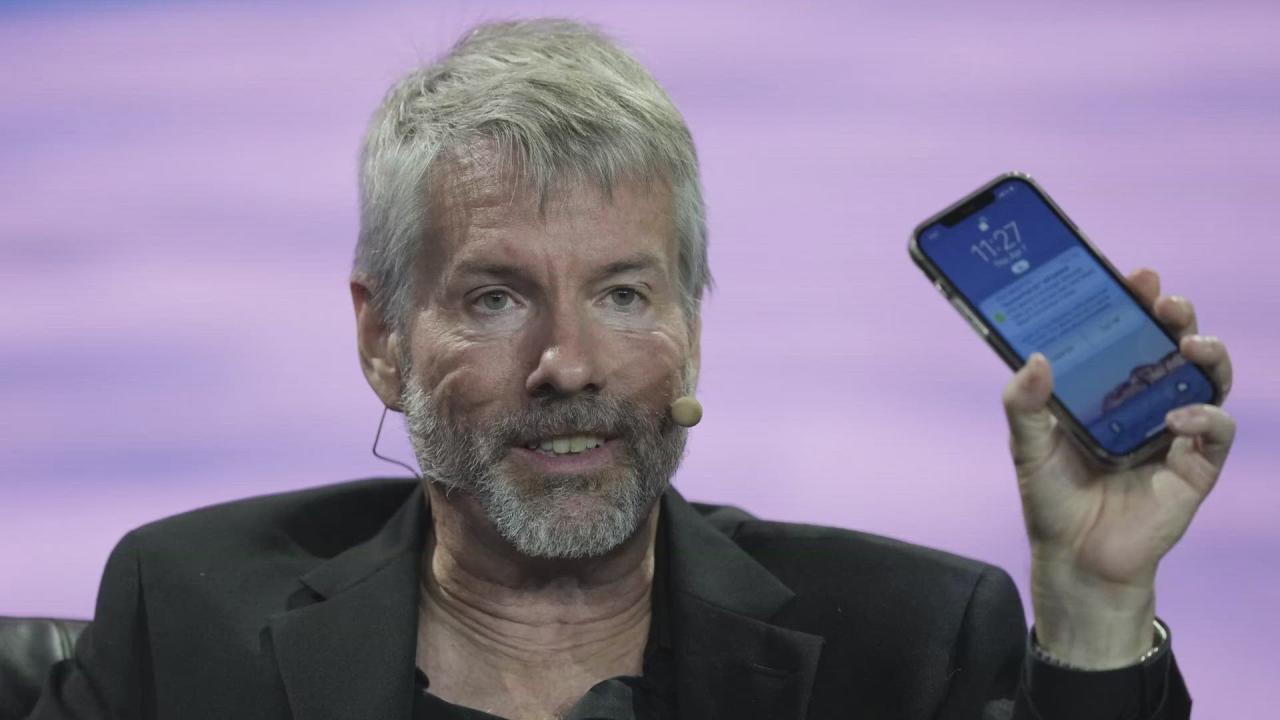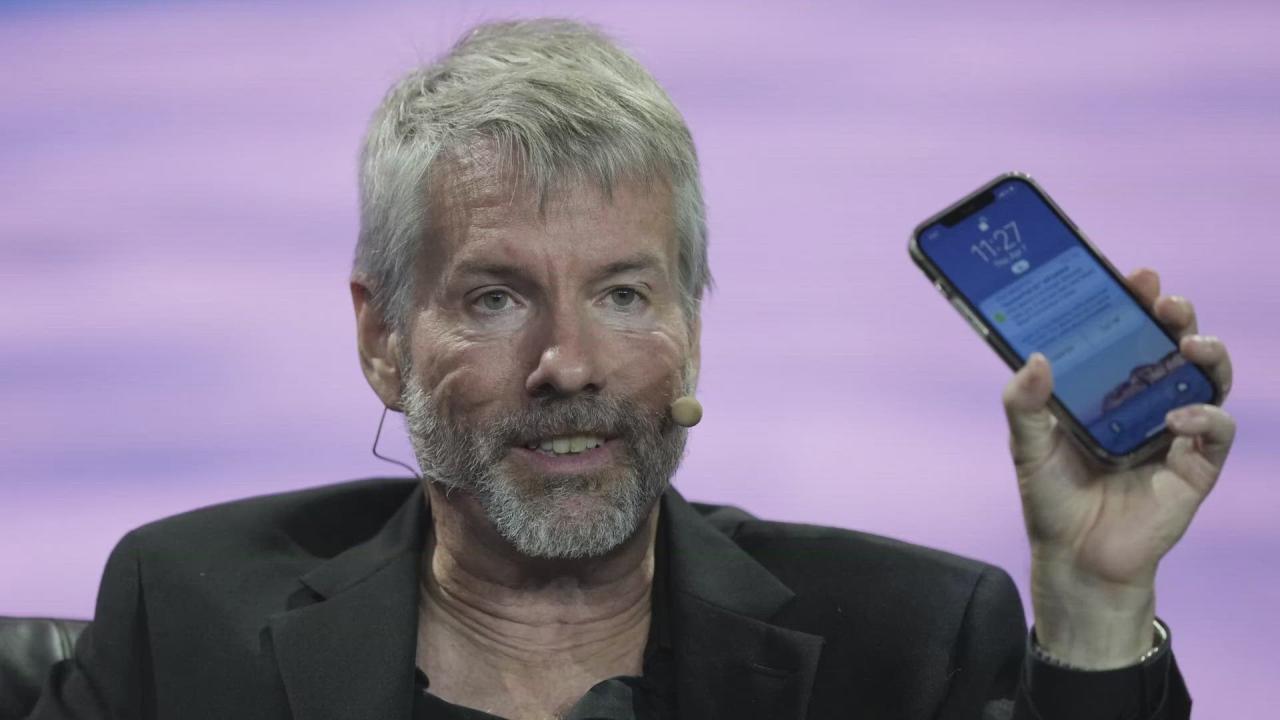Apple to pay $95M to settle lawsuit accusing Siri of eavesdropping. This massive settlement follows a class-action lawsuit alleging Apple’s virtual assistant, Siri, secretly recorded and transmitted users’ private conversations. The case highlights growing concerns about privacy in the age of voice-activated technology and raises questions about the data collection practices of tech giants. We’ll break down the lawsuit, the settlement, and what it means for your privacy.
The lawsuit claimed Siri’s “always-listening” functionality violated users’ privacy rights, citing instances where Siri allegedly activated and recorded conversations without explicit user consent. Apple, while denying wrongdoing, ultimately agreed to the substantial settlement to avoid a lengthy and potentially costly trial. This decision has significant implications for the future development and regulation of voice assistant technology and user trust in tech companies’ data handling practices.
The settlement amount and its distribution among affected users are also significant aspects we’ll explore.
The Apple Siri Eavesdropping Lawsuit

Apple recently settled a class-action lawsuit alleging that its virtual assistant, Siri, was secretly recording and transmitting users’ private conversations. The $95 million settlement marks a significant development in the ongoing debate surrounding the privacy implications of voice assistant technology. This article delves into the details of the lawsuit, Apple’s response, and the broader implications for user privacy and the tech industry.
The Lawsuit’s Allegations

The lawsuit centered on claims that Siri, even when seemingly inactive, was recording and transmitting users’ conversations to Apple’s servers without their explicit consent. Plaintiffs argued this violated various privacy laws, asserting that Apple misrepresented its privacy policies and engaged in deceptive trade practices. The legal basis rested on claims of breach of privacy, violation of wiretap laws (depending on the jurisdiction), and potentially unfair business practices.
So Apple’s forking over $95 million to settle that Siri eavesdropping lawsuit – a hefty price for allegedly listening in! It makes you wonder what other tech giants are up to, though it’s a far cry from the amazing news that Luke Littler wins World Darts Championship at age of 17 – but which one? Anyway, back to Apple, that’s a lot of money to pay for potential privacy violations.
Maybe they should invest in better voice recognition tech.
Alleged instances included Siri activating unexpectedly and recording sensitive conversations, such as medical appointments or business discussions.
| Plaintiffs’ Arguments | Apple’s Potential Defenses |
|---|---|
| Siri recorded conversations without explicit user consent. | Siri only records after a specific activation phrase; recordings are anonymized and used for improving Siri’s functionality. |
| Apple misrepresented its privacy policies regarding Siri data collection. | Privacy policies were clear and transparent, informing users about data collection practices. |
| Siri’s recording practices violated wiretap laws. | Recordings were not intentional interceptions of private conversations; users implicitly consented through usage. |
| Apple profited from the unauthorized collection of user data. | Data collected was used to improve product performance, not for direct commercial gain. |
Apple’s Response and Settlement, Apple to pay M to settle lawsuit accusing Siri of eavesdropping
Apple initially denied the allegations, maintaining that Siri only records conversations after a specific activation command and that data is anonymized. However, facing mounting legal pressure and potential negative publicity, Apple opted to settle the lawsuit for $95 million. This amount will be distributed among the affected users who submitted valid claims. The settlement avoided a lengthy and potentially costly trial, but it also acknowledges a degree of liability on Apple’s part, impacting their reputation and potentially influencing future data handling practices.
Timeline of Key Events:
- [Date]: Lawsuit filed.
- [Date]: Apple’s initial response and denial of allegations.
- [Date]: Discovery phase of the lawsuit begins.
- [Date]: Settlement negotiations commence.
- [Date]: $95 million settlement reached and approved by the court.
- [Date]: Distribution of settlement funds to eligible claimants begins.
Privacy Implications and Public Perception

The lawsuit highlighted growing public concern about the privacy implications of voice assistants and the vast amounts of data collected by technology companies. Public reaction was mixed, with some praising the settlement as a victory for consumer privacy, while others viewed it as a costly but necessary step for Apple to avoid further legal battles. This case echoes other significant data privacy lawsuits against tech giants, such as those involving Facebook and Google, underscoring the ongoing tension between technological innovation and the protection of personal information.
The long-term effect could be increased scrutiny of voice assistant technology and a shift towards more user-centric privacy policies.
Siri’s Functionality and Data Handling
Siri functions by processing voice commands through natural language processing (NLP) and machine learning algorithms. It collects user data, including voice recordings, location information, and app usage data, to provide personalized responses and improve its functionality. Apple’s stated privacy policies emphasize data anonymization and encryption, but the lawsuit revealed limitations in these practices. Compared to competitors like Google Assistant and Amazon Alexa, Apple’s approach to data handling has been relatively conservative, but this case indicates areas for improvement.
- Apple employs differential privacy techniques to minimize the risk of identifying individual users.
- User data is encrypted both in transit and at rest.
- Users can review and delete their Siri data through their Apple account settings.
- Apple provides transparency about data collection practices in its privacy policy.
- Apple regularly updates its algorithms and security measures to improve data protection.
Technological and Legal Ramifications
Balancing functionality with privacy in voice assistant design presents significant technological challenges. Accurate speech recognition and personalized responses often require the collection and processing of substantial user data. This lawsuit sets a legal precedent for future litigation involving voice assistant privacy, potentially leading to stricter regulations and greater accountability for tech companies. It could influence the development of voice assistant technology by encouraging the adoption of more privacy-preserving techniques and designs.
Apple’s $95 million settlement over Siri’s alleged eavesdropping highlights the importance of data privacy in tech. If you’re looking to build a career in this crucial area, check out best online IT courses for career advancement to boost your skills. The Siri lawsuit shows just how vital cybersecurity and data protection expertise is becoming, making a career in IT more relevant than ever.
Hypothetical Scenario: A future lawsuit could arise if a voice assistant mistakenly records a highly sensitive conversation, such as a doctor revealing a patient’s diagnosis or a lawyer discussing confidential client information, leading to significant emotional distress and potential legal ramifications for the company.
Illustrative Example: A Hypothetical Conversation
Imagine a user asking Siri, “What’s the weather like in Paris next week, and also, remind me to call Dr. Smith about my test results.” This seemingly innocuous conversation reveals several potential data points: user’s location (implied by the weather request), travel plans (Paris trip), health information (Dr. Smith and test results), and contact information (Dr. Smith’s phone number).
Misuse of this data could lead to targeted advertising, identity theft, or even medical fraud. The emotional impact on the user, if such data were misused, could be significant, ranging from frustration and inconvenience to serious financial or health consequences.
Data Flow Visualization: A visual representation would show the user’s voice command traveling from their device to Apple’s servers via a secure (encrypted) connection. The data would then be processed by Siri’s algorithms, potentially stored in a database, and used to generate a response. The response would then be transmitted back to the user’s device. This visualization would highlight the potential points of vulnerability in the data flow, such as interception or unauthorized access at any stage.
Ultimate Conclusion

The $95 million settlement in the Siri eavesdropping lawsuit marks a significant turning point in the ongoing debate about privacy and voice assistant technology. While Apple avoids a protracted legal battle, the settlement underscores the importance of transparent data collection practices and the growing public awareness of potential privacy violations in the digital age. This case serves as a cautionary tale for tech companies, emphasizing the need to prioritize user privacy and carefully consider the implications of always-listening technologies.
The long-term impact on consumer trust and future regulations remains to be seen, but this settlement undoubtedly leaves a mark on the industry.
Key Questions Answered: Apple To Pay M To Settle Lawsuit Accusing Siri Of Eavesdropping
What specific data did Siri allegedly collect?
The lawsuit alleged Siri recorded and transmitted various types of data, including conversations, location data, and potentially sensitive personal information.
How will the $95 million settlement be distributed?
The details of the distribution are still being worked out, but it will likely involve payments to users who were part of the class-action lawsuit.
What changes, if any, has Apple made to Siri’s functionality since the lawsuit?
While Apple hasn’t publicly announced specific changes directly tied to the lawsuit, they likely reviewed and potentially adjusted their data collection and privacy protocols.
Can I opt out of Siri’s data collection?
So, Apple’s forking over $95 million to settle that Siri eavesdropping lawsuit – a hefty price for allegedly listening in! Meanwhile, completely unrelated but good news for some, check if you’re eligible for Special £25 Cold Weather Payments set to enter bank accounts in the UK. Back to Apple, that’s a lot of money to avoid further legal battles over privacy concerns, right?
Users can adjust Siri’s settings to limit the type and amount of data collected. However, complete opt-out might not be fully possible given Siri’s core functionality.
